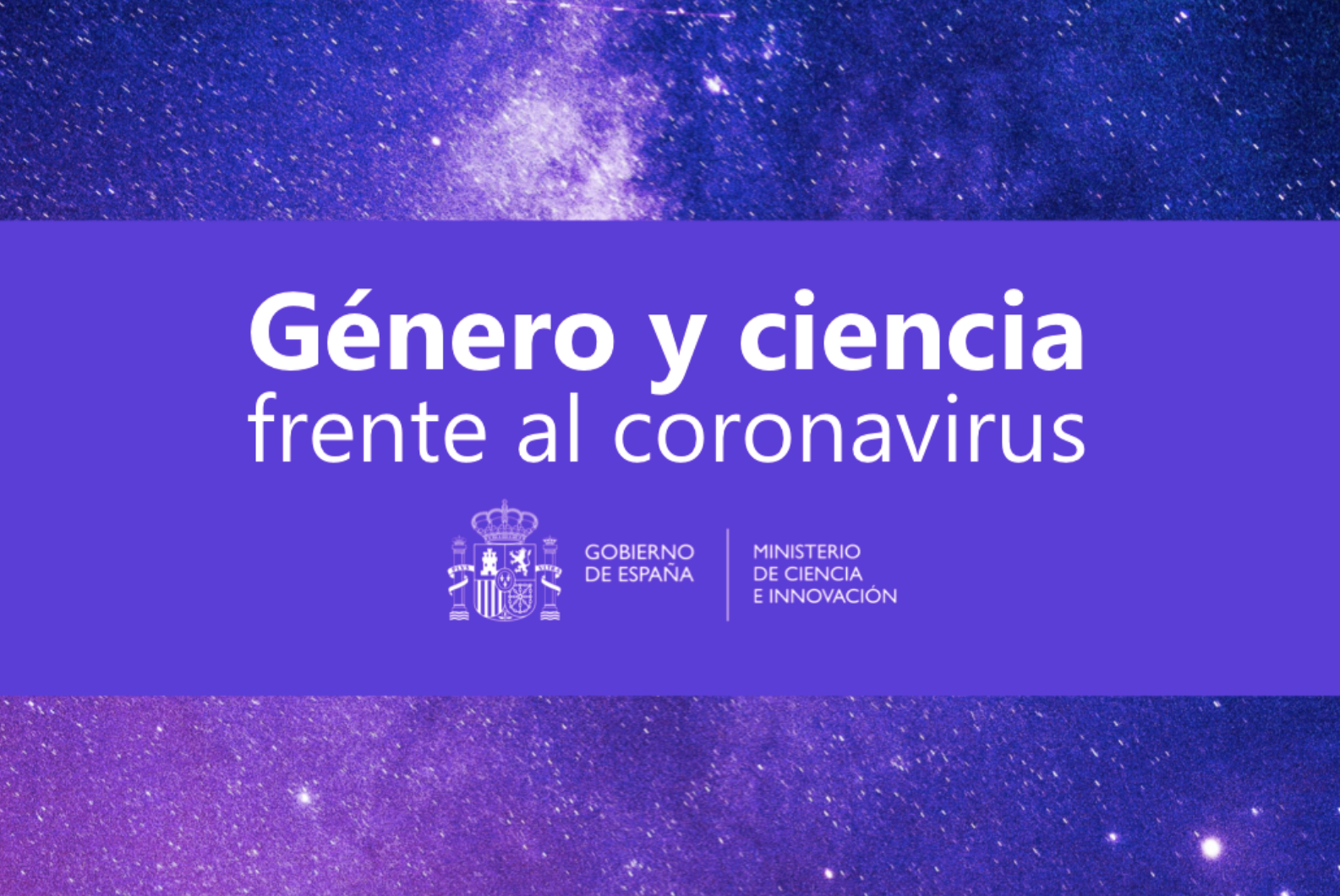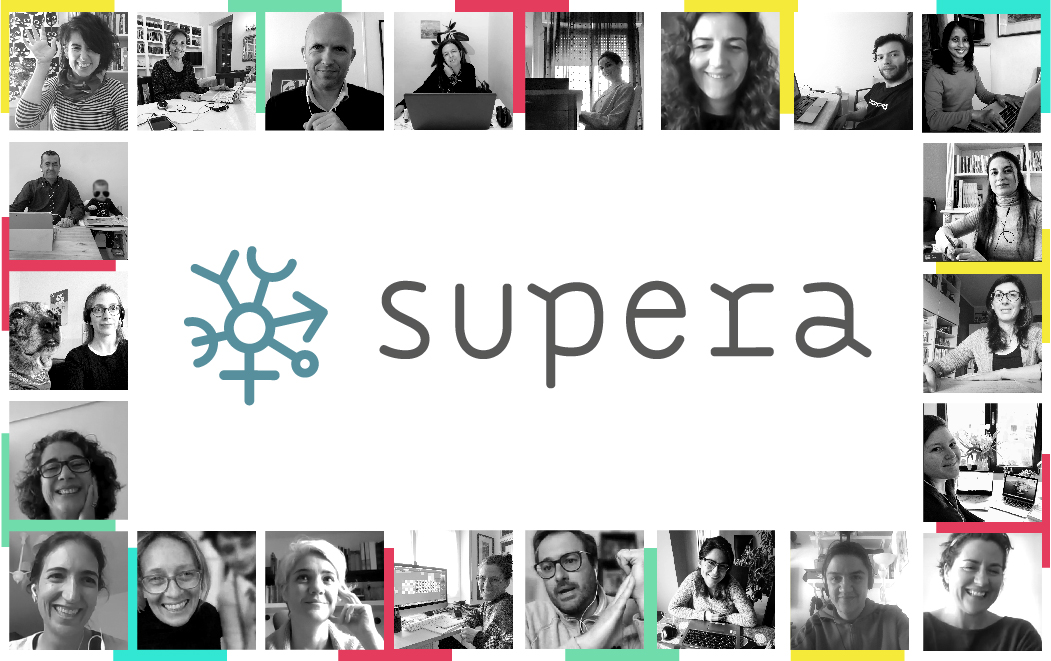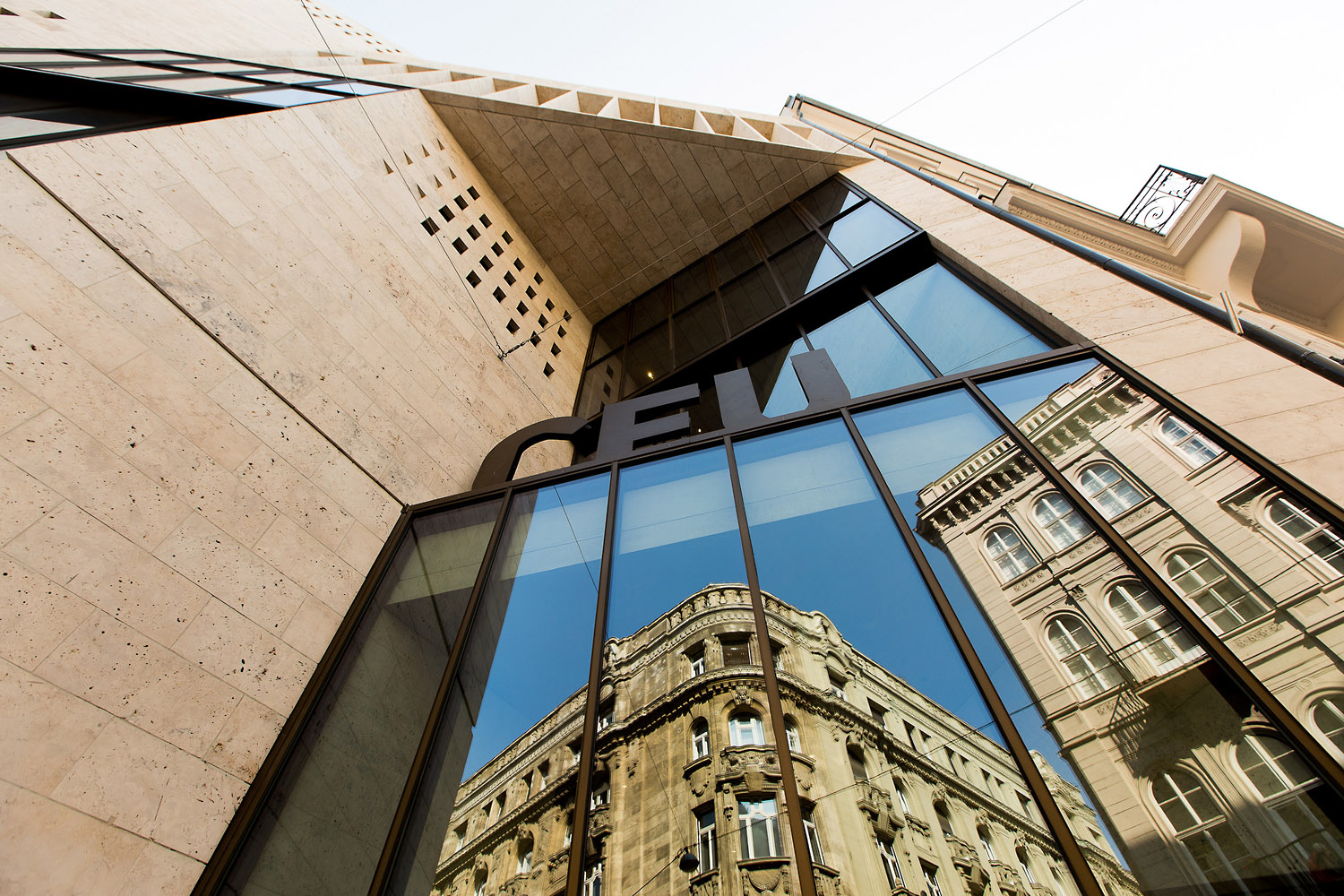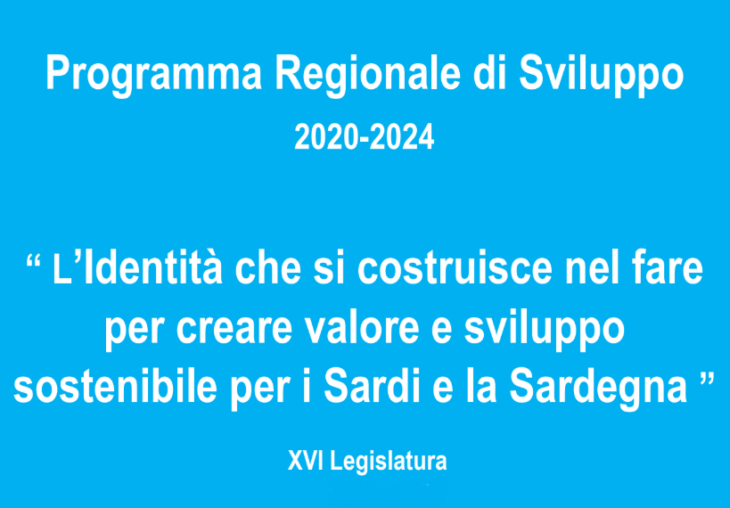COVID-19 impact on gender equality in academia: on 9/06 an online event to present the surveys’ results
Photo by Standsome Worklifestyle, Unsplash
On June 9, 2021 from 4.00 to 5.30 pm CET, the SUPERA core teams from the University of Coimbra, the University of Cagliari and the Complutense University of Madrid will present the results of the study on the gendered impact of COVID-19 carried out in the three respective European universities.
The presentation will be introduced by Jörg Muller, expert in concepts and methods for researching the impact of gender diversity on research performance (Open University of Catalonia), and Nicole Huyghe, an expert in data analytics from a gender perspective (Boobook) will comment on the results; a final session will be devoted to the Q&A by the participants.
The participation to the event is open to everyone but registration is required through the link available here: a Zoom link to join the meeting will be sent a few hours before the start of the event.
For any question or information, please contact us at superaprojectoffice@ucm.es.
Agenda
- Welcome by Lut Mergaert, Yellow Window
- Introduction by Jörg Muller, Universitat Oberta de Catalunya
- Presentations of Results
- CES-UC: Mónica Lopes, researcher at the Center for Social Studies of the University of Coimbra
- UniCA: Barbara Barbieri, Associate Professor at the Department of Political and Social Sciences of the University of Cagliari
- UCM: María Bustelo, Associate Professor of Political Science and Public Administration at the Complutense University of Madrid (UCM)
- Comments on the results by Nicole Huyghe, CEO and founder of Boobook
- Questions & Answers session by participants
- Closing







